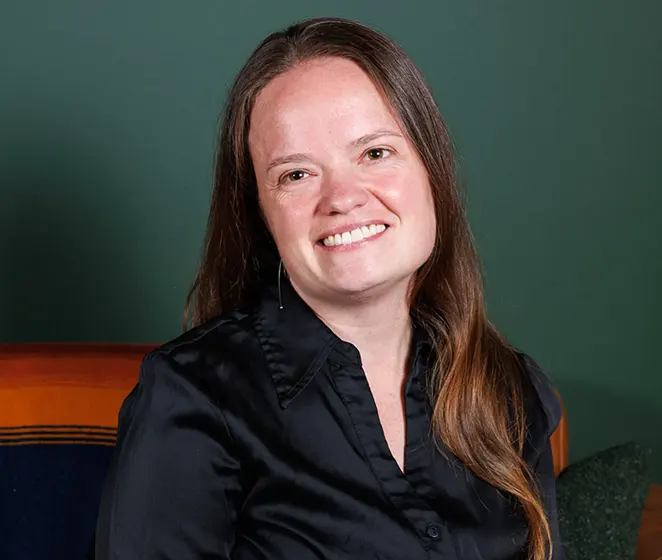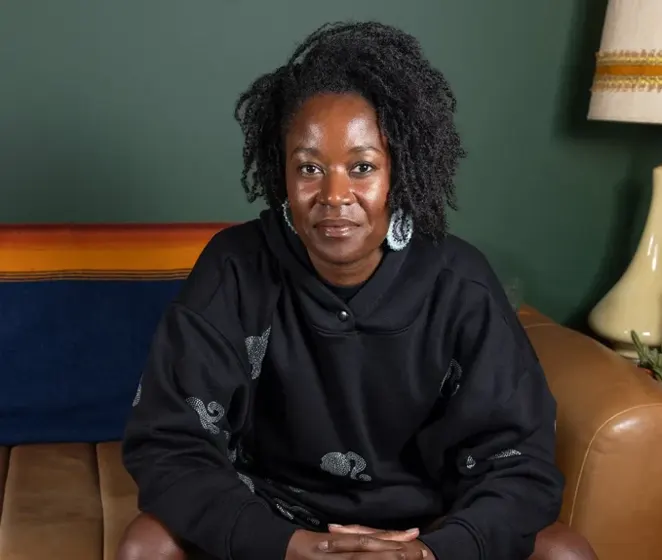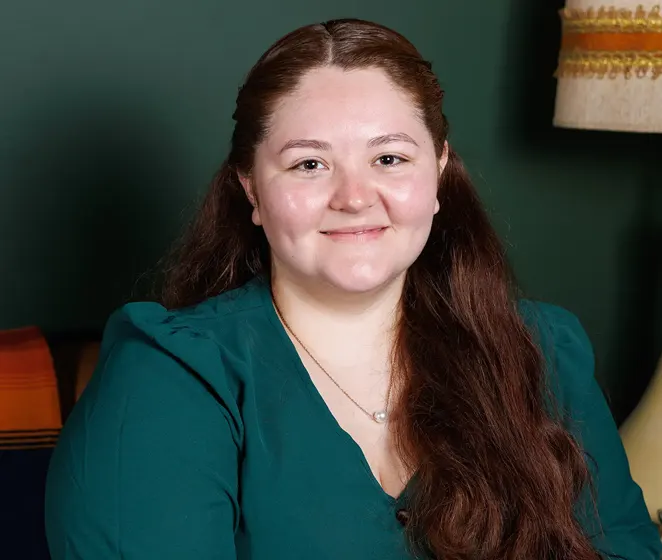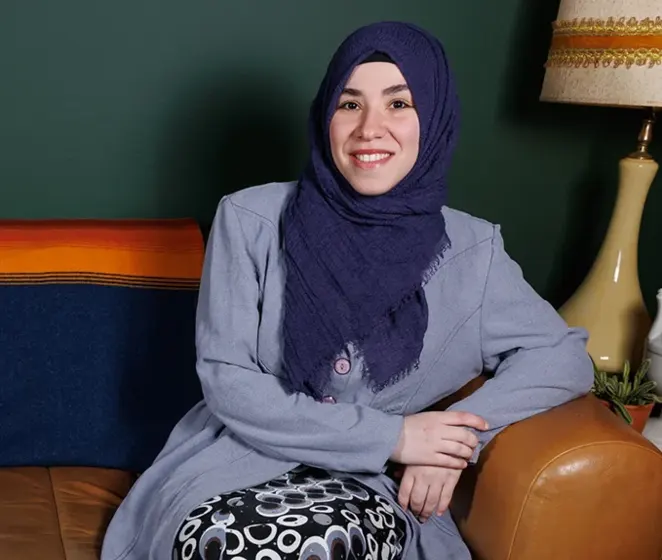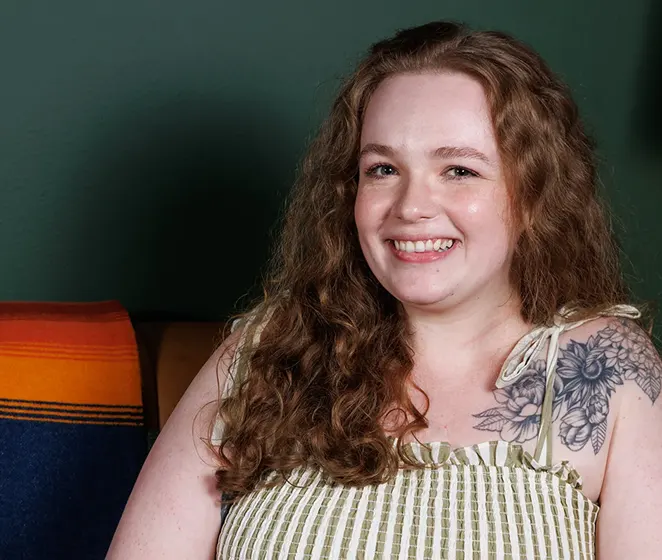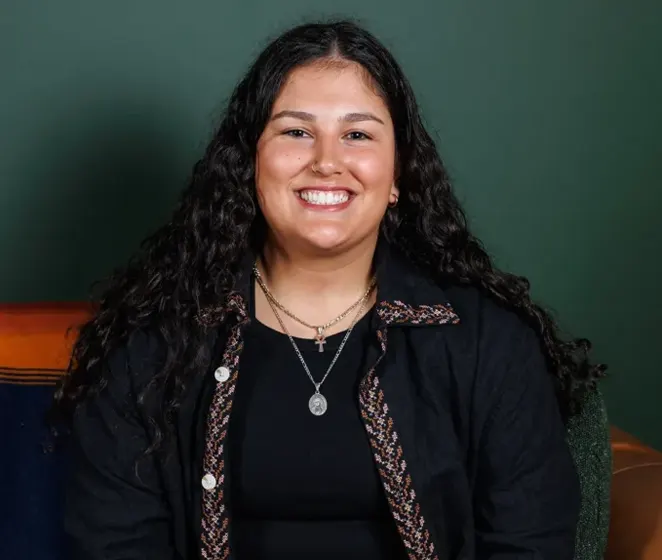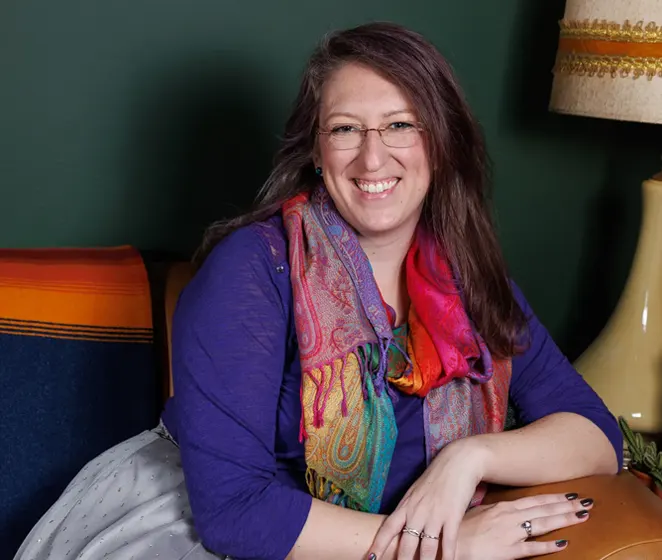By Intentional Spaces Psychotherapy
Many people who come to therapy ask some version of this question:
“Why does this still hurt? Shouldn’t I be over it by now?”
Grief doesn’t come with a timeline. It doesn’t follow predictable stages, and it doesn’t always fade with time. If you’re still feeling the weight of a loss, months, years, or even decades later, you are not broken. What you’re experiencing is complex grief, and it’s more common and more human than most people realize.
The Many Faces of Grief
Grief shows up in countless ways. Some people grieve the death of a loved one. Others mourn the loss of a relationship, a community, a home, or even a version of themselves they had to leave behind. Some losses are recognized and ritualized. Others are invisible, leaving people to carry them quietly, without support or acknowledgement.
You might still feel the weight of grief if you’ve:
- Ended a significant relationship
- Moved away from a beloved home or community
- Lost your connection to faith, culture, or identity
- Experienced estrangement from family
- Witnessed or endured collective trauma
For many, the world moves on while their inner world remains altered, creating a dissonance that can deepen the pain
Why Am I Still Grieving After So Long?
The question is not “what’s wrong with me?” but rather “what is my grief still holding?”
Grief can linger when the loss is sudden or without closure. When the relationship was layered with both love and pain. When the loss was minimized by those around you. Your story of grief was never given space to be told.
Some carry cumulative grief—losses stacked upon losses—or grief tied to systemic harms that are ongoing, such as racism, displacement, or community violence. Others find that past trauma reactivates or complicates current grief, making healing feel impossible.
In reality, grief isn’t something you “get over.” It’s something you learn to carry. Sometimes, the burden is heavier or sharper than we expect.
The Myth of "Moving On"
We live in a culture that treats grief like a problem to be solved, something to finish and file away. Unfortunately, real grief rarely fits into neat stages.
You can miss someone and still find joy. You can carry sadness and still seek new beginnings. You can live fully while honoring what you’ve lost.
Healing doesn’t mean erasing the memory or the meaning of what was. It means allowing yourself to live alongside the loss, rather than be consumed by it.
What Healing from Grief Really Looks Like
Healing from grief is less about “letting go” and more about making space. Space for the sadness, the memories, the complicated emotions that surface unexpectedly. Space for new life to grow around the loss, not in place of it.
For some, this looks like speaking their grief aloud for the first time. For others, it means honoring the anniversary of a loss with a ritual or creating something meaningful from the pain. It can mean finally allowing yourself to feel the anger, the guilt, the numbness, without judgment.
Therapy can help you:
- Sit with grief in manageable ways
- Name emotions that have felt unspeakable
- Reconnect with parts of yourself pushed aside by loss
- Imagine life where grief has a place but not the whole story

When to Reach Out for Support
If your grief feels overwhelming, stuck, or invisible, you don’t have to carry it alone.
At Intentional Spaces, we have therapists who specialize in grief, loss, and the complex emotions that come with identity shifts, trauma, and major life changes. We believe in creating space for grief without rushing, fixing, or minimizing your experience.
Whenever you’re ready, we are here to meet you exactly where you are.





